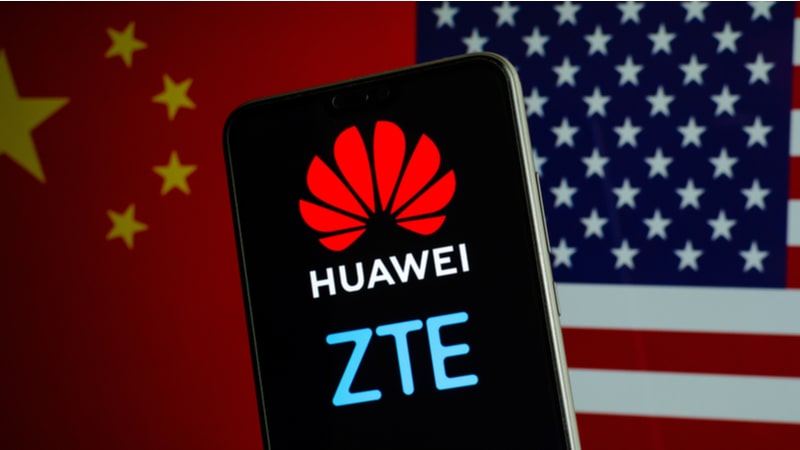
The Federal Communications Commission (FCC) has officially adopted rules for identifying, removing, and replacing telecommunications equipment that could pose a national security threat to the United States.
FCC has adopted rules to implement the Secure and Trusted Communications Networks Act of 2019 and will be publishing a list of communications equipment and services that are determined to be a national security risk that has been identified either by:
- Executive branch interagency bodies with appropriate national security experience;
- The Department of Commerce pursuant to its authority under Executive Order 13873;
- Congress in the John S. McCain National Defense Authorization Act for 2019; or
- The United States’ national security agencies.
Additionally, the order establishes the rules for the Secure and Trusted Communications Networks Reimbursement Program that will provide funding to smaller providers of advanced communications services to rip-and-replace equipment and services identified on the list by FCC. It will also require “providers of advanced communications services to report if their networks include any covered communications equipment or services acquired after August 14, 2018.”
On Nov. 19, FCC stated that it was planning to consider the removal and replacement of equipment that posed a risk at today’s open meeting.
“The Commission has already taken critical steps to protect communications network supply chains, including prohibiting the use of Universal Service Fund support to purchase any equipment or services from companies posing a threat to national security and later designating two foreign companies as national security threats,” the FCC said at the time.
This order adds to the FCC’s moves towards securing the United States’ communication network supply chains. In November 2019, a ban on using Universal Services Funds to purchase equipment and services from companies that pose a national security threat was put in place. June 2020 marked when the FCC’s Public Safety and Homeland Security Bureau designated Huawei and ZTE, as well as their parents, affiliates, and subsidiaries as companies covered under the agency’s ban.
